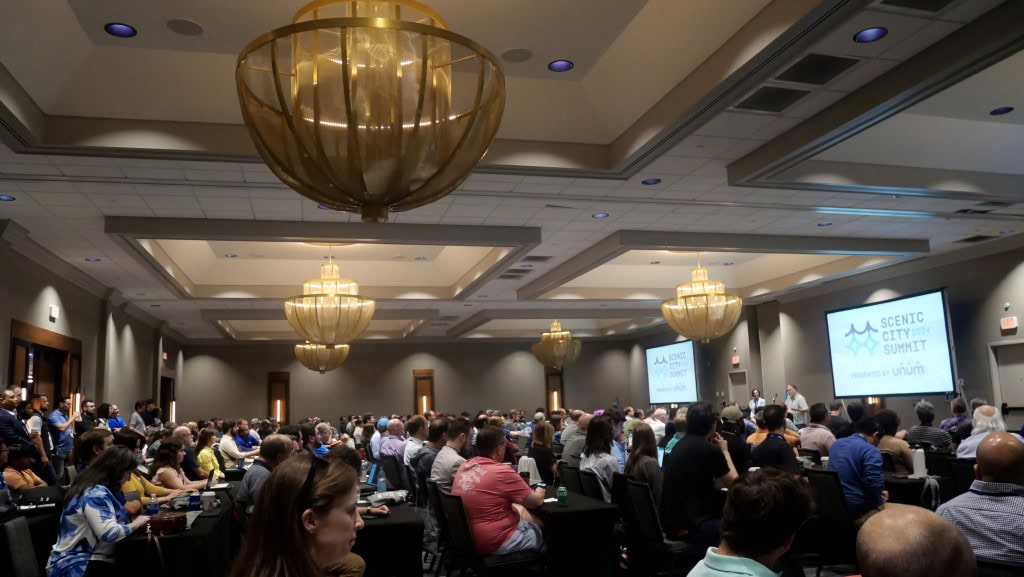I got the email prodding speakers to blog about our upcoming sessions, so I got myself up and started to write this blog. It has been such a long time since I have done much side SQL work (other than doing quite a bit of tech editing, along with doing some work for PASS leading up to speaker submissions), that my blog didn’t even show up in the blogs list on sqlblog.com. My last blog was right after PASS when I had attended the Summit from my hospital bed.
Since then, it has been quite a bumpy road. For a person who usually travels as much as I do for fun (SQL and Disney) and work, not having left the Nashville area since vacation in September has been weird. But all sorts of stuff have gotten in the way, mostly that I just haven’t felt like blogging (heck, I haven’t had an entry on my simple-talk blog since then either, though a few editorials were posted on sqlservercentral.com by my editor that I wrote pre-surgery).
But now, finally, it is time to wake the heck up. I am leaving Nashville this Sunday, heading for a week of work in Virginia Beach, not coincidentally the same week as SQL Saturday Richmond where I will be talking about In-Memory OLTP tables and how they affect your database design. It is also pretty cool that Jessica Moss will be presenting down in Virginia Beach while I am in town, so a stop at the Hampton Roads SQL Server User Group is definitely in order for most of the people I work with.
Here is the abstract for my presentation (if you want Jessica’s go here):
How In-Memory Database Objects Affect Database Design
With SQL Server 2014, Microsoft has added a major new feature to help optimize OLTP database implementations by persisting your data primarily in RAM. Of course it isn’t that simple, internally everything that uses this new feature is completely new. While the internals of this feature may be foreign to you, accessing the data that uses the structures very much resembles T-SQL as you already know it. As such, the first important question for the average developer will be how to adapt an existing application to make use of the technology to achieve enhanced performance. In this session, I will start with a normalized database, and adapt the logical and physical database model/implementation in several manners, performance testing the tables and code changes along the way.
Does this mean I am fully back and over my funk? Good grief, I don’t know. But I have submitted for 4 other SQL Saturdays over the rest of this year, and I have projects that are just waiting for me to get started. Some days I want to just lay down and not get up until it is time to go back to bed. Others I want to write a new book, travel to the ends of the earth and talk about SQL Server. The fact is, I am taking this one task at a time, and I look forward to talking about SQL Server for you at 9:45 on the 21st of March. And when that is over, I am going to Dollywood’s opening weekend and let the Tennessee Tornado spin some sense into my head. Hope I see you there (SQL Saturday or Dollywood, either way we can have some fun!)





Load comments